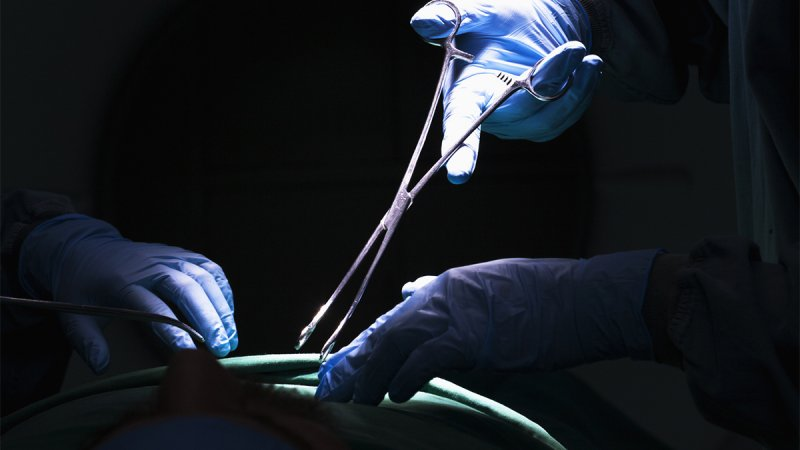Our Modern Slavery Courses
Forced organ harvesting is a form of modern slavery where an individual’s organs are surgically removed for sale on the black market. Organ transplants are becoming increasingly commonplace. This is due to a multitude of advances: better seatbelts meaning less young road traffic deaths; safer transplant procedures; better post-transplant management. However, this increasing demand is not matched by a similar surge in supply. Consequently, through desperation, many sick individuals are turning to the black market to source their organs, facilitating a hotbed of criminal activity. Forced organ harvesting is a dangerous and illegal practice.
The Risks of Organ Harvesting
Surgically extracting an organ involves major surgery and accordingly, there are major risks involved. Whilst the extraction of some organs (frequently kidneys) is performed on living donors, it poses a substantial risk to life and subsequent quality of life. For example, risks of kidney donation from a living donor include:
- Severe pain
- Blood clots
- Incisional herniation
- Serious infection
- Adverse drug reactions
- Pneumonia
- Lung collapse
- Psychological symptoms
- Death
As well as the standard risks of major surgery, the status of this practice as illegal means that protocol and hygiene appreciation may be questionable. This increases the risk of infection and endangers victims.

Victims of Organ Harvesting
Some people voluntarily sell their organs to traffickers on the black market in exchange for money. It is a lucrative business and kidneys, for example, are bought for an average of $150,000. In theory, healthy individuals with two fully functioning kidneys and can continue to live healthily when one is removed, however this is not always the case. There is only one country in which it is legal to buy and sell kidneys: Iran. Elsewhere you can altruistically donate some of your organs (including kidneys) but not for monetary gain. People most often donate kidneys to their loved ones and family, but it is also legal to donate your organs to strangers as an act of compassion. There is no exchange of money and this should not be confused with forced organ harvesting.
Contrastingly, some victims have their organs forcefully removed. For example:
- Victims may be kidnapped and have an organ forcefully removed.
- Some victims are tricked into believing they require an operation and whilst under anaesthetic they will have an organ removed, without their knowledge or consent.
- In light of the influx of political refugees arriving in Europe, numerous individuals have been offered assurance of safe passage to Europe in return for an organ.
- Many victims of forced organ harvesting have previously been human trafficked, another form of modern slavery.
- Other victims are murdered on demand and have their organs removed to fulfil an order.
Organ Harvesting in China
Organ harvesting is practiced throughout the world, including within the UK. However, it is extremely prevalent in China. Traditionally, China has met its demand for organ transplantation through harvesting executed prisoner’s organs. Many of the affected were prisoners of conscience (e.g. Falun Gong, a Buddhism-based spiritual practice), these are individuals with political or religious views that are not tolerated in China. This practice was supposedly abolished in 2014, however multiple investigations have demonstrated that it is still in practice. In February 2017, a top Chinese transplant official stated that they had stopped using executed prisoners’ organs, however the figures given by multiple government officials do not match up. Coupled with organ wait times of a couple of weeks for a kidney transplant in China (compared to years in the UK and the rest of the world) it is clear unlawful organ sources are being utilised. Falun Gong have reportedly been kept in concentration camps until an order comes in for an organ that matches their tissue type. Upon demand the victim will then have surgery to remove their organ, or be killed and their vital organs extracted.
The Scale of the Crime
Due to the aforementioned factors, the incidence of forced organ harvesting is rising worldwide. The World Health Organisation (WHO) predicts that more than one illegal organ transaction is made every hour worldwide. There is an increasing demand for kidney transplants, in part due to the rising level of diabetes worldwide. Consequently, it is estimated that 5-10% of all kidney transplants worldwide rely upon the black market sale of organs. Increasing awareness of and remaining vigilant to modern slavery, such as organ harvesting, helps to facilitate outlaw of the inhumane practices. One way to achieve such recognition is through regular modern slavery training courses.

